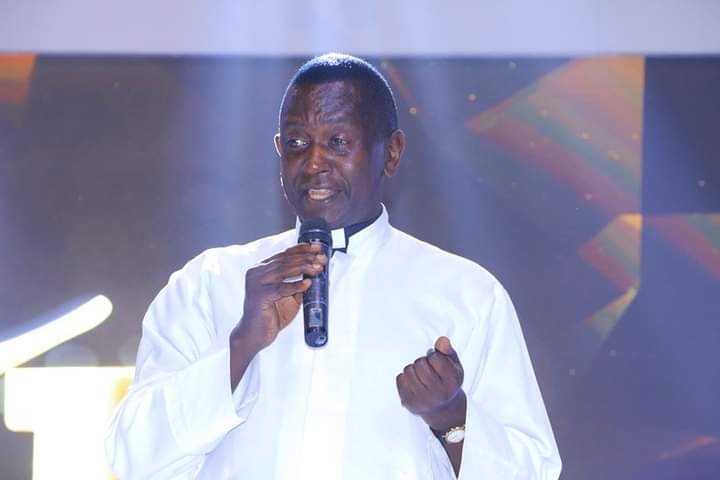We religious leaders found it difficult to take a corporate stand against abuses of human rights by the state, before during and after the recent elections in Uganda, yet our voices needed to be heard.
It appeared that we opted for prayers and appeasement. We did not know what to say to the people in the event of a compromised ballot.
We feared being told that we were getting involved in politics and causing division.
Even as the ‘dark arts’ of the state played out before our eyes we hesitated to say that these state crimes broke the fifth commandment, and Christ’s commandment of love.
Our voices, when we did speak were merely rebukes, followed by appeals for peace. We came across as ambivalent.
Now that the elections are over but the abuses continue ( they have been denied by the state) surely as pastors we should find a common theological and pastoral approach to this unfinished crisis.
We can agree to assist the faithful as they form their consciences in this particular matter of human rights.
As a church we can counsel politicians on all sides to develop speech, thoughts and actions which are consistent with the dignity of the baptized and with the gospel, and which reject oppression.
Can catholic social teaching empower Christians to be involved in their own liberation, social, economic and political?
Faith without works is dead, and we can no longer just tell people to pray while they are brutalized, impoverished and silenced.
Awareness is the first step. We must re-iterate basic truths concerning justice and ethical christian leadership, so that all are able to renew personal moral choices in this regard.
We must explain why persistent failures in state leadership especially in the area of human rights and social justice are unacceptable to anyone claims to be a christian, even more so because of the impunity with which they are carried out.
As we share the gospel, catholic social teaching, and the catholic vision of morality, these works of darkness and the degree to which we have succumbed to them for too long, must be clearly known by all.
We ought to clarify why human rights abuses are an assault on everyone’s dignity, not just on the dignity of those assaulted.
We must say why it is that corrupt officials should be removed from office, prosecuted and barred from public office in the future.
This is not a political matter but an ethical one which concerns all citizens who seek justice.
It should be made clear that endemic corruption within state organs and elsewhere, is a form of violence against the poor, added to all the other forms, and is contrary to the moral order.
Ugandans must come to know that justice and equity, freedom of speech and of assembly are not a privileges given by the state, but intrinsic rights, which in a democratic state are not optional, especially in a state which claims to have Christian leaders.
If the very constitution of a nation is violated, or abused then citizens have nowhere to go except to the church, and there in the church must begin to find a way to resist such a system, not with violence but with the spirit of truth and solidarity.
If we all submit uncritically to the regimes ‘ideology’, the church will be compromised and become part of the problem.
We therefore have no choice but to share critical information explaining carefully what will happen when violent, unethical leaders are permitted to take power, because they bought votes, or intimidated and jailed dissenters, or deceived the electorate.
We must say what eventually happens to a society in which brutality and arbitrary arrests are normalized as ways of silencing or harassing citizens, and how this ultimately affects all of us, including the perpetrators.
We must find a contextualized theology, spirituality and pastoral practice which gestates liberation from within the body of Christ.
The dignity of faith requires all to be engaged in their own liberation from both external and internal oppression. The word of God and the sacraments empower us for this, to fully exercise our faith for ‘freeing captives’ beginning with ourselves.
What good is preaching the salvation of souls and life after death, when before death life in Uganda is a total misery for so many?
Liberation should now inspire a form of piety which includes prayer and social action. One informs the other and vice versa.
This should be the basis of our ‘integral evangelization’.
Do you have a story in your community or an opinion to share with us: Email us at editorial@watchdoguganda.com











